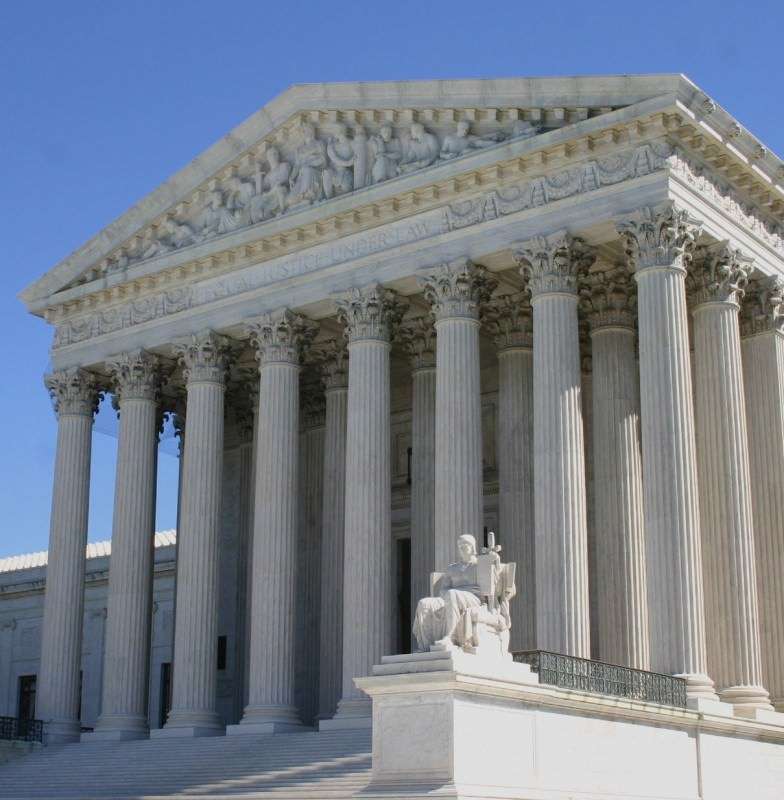This Supreme Court Decision Could Have a Big Effect on Medicaid and State Budgets

A Supreme Court ruling yesterday could have a big impact on one of the country's biggest programs. In a 5-4 decision, the High Court ruled that health care providers do not have the right to sue states over low Medicaid rates.
Under the law, states, which manage and jointly fund their Medicaid programs in conjunction with the federal government, are required to set rates in ways that are "consistent with efficiency, economy, and quality of care," but do not encourage excessive health care utilization.
In the suit, a group of providers in Idaho argued that they had the right to sue the state when rates were low enough that they didn't meet this standard. The state of Idaho argued that providers should not have a right to legal challenge. A lower court had previously ruled in favor of providers, saying Idaho had to cough up another $12 million in reimbursements for the program.
Writing for the majority, however, Justice Antony Scalia declared that the legal standard was too vague and too broad to be adjudicated by the courts, and would inevitably lead to numerous drawn-out legal disputes. Instead, he said, that providers who felt the rates were too low could appeal directly to the Department of Health and Human Services.
The case made for some strange alliances: Liberal Justice Stephen Breyer joined Scalia, as well as conservative Justices Clarence Thomas and Samuel Alito, while the rest of the liberals—Sonia Sotomayor, Ruth Bader Ginsburg, and Elena Kagan, plus Anthony Kennedy—form the dissent. The Obama administration, meanwhile, had filed briefs siding with states against health care providers, putting the White House on the side of the mostly conservative majority.
The upshot here is that states facing big budget crunches will now be able to make big cuts to Medicaid, which is typically among the largest budget items for states, and doctors and other providers will have little recourse except to complain to the federal government.
We've already seen one version of this play out in California, where providers sued the state over a 10 percent cut in Medicaid rates made during a budget crisis. That cut was initially blocked by a court challenge, but finally allowed in late 2012. To give an idea of how big a budget issue this is, California has said that legal challenges to rate cuts since 2008 have forced it to pay more than $1.5 billion.
This week's Supreme Court decision, a lawyer representing pharmacists told the Sacramento Bee, "will make it extremely hard for any beneficiary or provider to be able to force the state" to hike payments, although some have suggested that the ruling may leave providers some other ways to sue.
What it means, though, is that for providers, state-set Medicaid rates have now become take-it-or-leave-it. Which means that, should rate cuts start coming down the line again, some providers are going to decide to leave it. Because state budgets are under less pressure now than during the financial crisis, this may not have a huge immediate effect. But someday, state budgets will look tight again, and reimbursement cuts will once again be pushed through. And when that happens, it will, at least at the margins, make it more likely that doctors will exit the program. In addition, providers starting their careers, or starting new care organizations, will be somewhat less likely to take the program.
Overall, this is a victory for taxpayers; states will now be able to slash Medicaid budgets with less fear of being drawn into lengthy legal squabbles. But it's a problem for Medicaid, and for Obamacare, which relies on an expanded Medicaid program in many states for its increases in coverage. The program's beneficiaries will have coverage—but with fewer doctors and other providers, they will have a harder time getting care.

Show Comments (61)